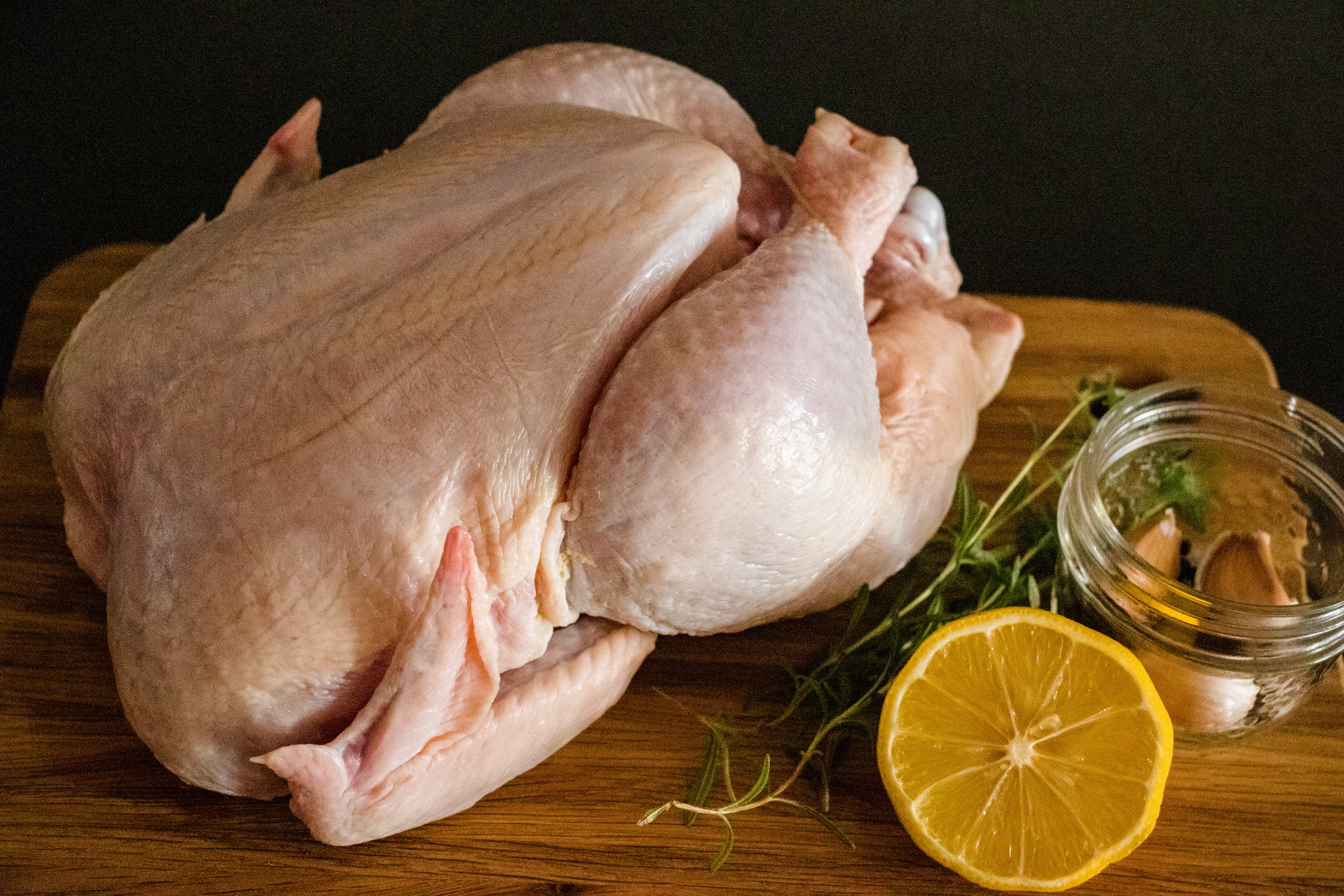Protein in 1 lb Chicken: Ultimate Guide
When discussing nutritional values, one of the most common questions that arises is about protein content, especially in popular food items like chicken. Chicken is a staple protein source for many, from athletes to those simply trying to maintain a balanced diet. Knowing the protein content in a pound of chicken helps in meal planning and dietary assessment. It's important to understand that the protein content can vary depending on the cut of the chicken and how it is prepared.

When discussing nutritional values, one of the most common questions that arises is about protein content, especially in popular food items like chicken. Chicken is a staple protein source for many, from athletes to those simply trying to maintain a balanced diet. Knowing the protein content in a pound of chicken helps in meal planning and dietary assessment. It's important to understand that the protein content can vary depending on the cut of the chicken and how it is prepared.
A pound of chicken can pack a substantial protein punch. Various sources provide slightly different figures, but on average, a pound of raw, skinless chicken breast contains around 104 grams of protein. When cooked, this amount typically increases due to the loss of water content, resulting in about 139 grams of protein per pound of cooked chicken breast. These numbers are helpful for individuals tracking their macronutrient intake, particularly those seeking to build muscle or manage their weight.
Understanding the protein content of chicken also allows for more informed choices regarding portion sizes and nutrition requirements. For those including chicken in their regular diet, it provides a clear picture of how this food item contributes to daily protein goals. It should be noted that while the breast is often cited for its high protein content, other parts of the chicken, such as the thigh, also offer significant protein but may have varying amounts of fats and calories.
Nutritional Profile of Chicken
Chicken is a versatile source of protein favored for its nutritional benefits. Cuts of chicken offer varying amounts of protein, fat, and calories, and cooking methods can influence these nutrients' availability.
Protein Content in Different Cuts
- Chicken Breast: A skinless, boneless chicken breast is high in protein and low in fat, making it a lean protein choice. Approximately 139 grams of protein is present in 1 lb of cooked chicken breast. Bodybuilding Meal Plan.
- Chicken Thigh: Offers a slightly darker meat and more fat compared to chicken breast, but it also contains a beneficial amount of protein, providing 13.5 grams of protein per thigh. Fitness Volt.
Cooking Methods and Their Impact on Protein
- Cooked vs. Raw: The amount of protein in chicken remains relatively stable during cooking, but cooking can impact weight and thus protein density. Cooked chicken may weigh less than its raw counterpart due to moisture loss but can have a higher protein concentration per serving.
- Skin-on vs. Skinless: Cooking with the skin on can increase the calorie and fat content; however, removing the skin can reduce the calories and fats, emphasizing the protein content in a serving.
Chicken is not only rich in protein but also offers essential vitamins and minerals such as selenium, vitamin B6, iron, and zinc, which are important for various bodily functions.
Health Implications of Chicken Consumption
Understanding the protein content in chicken is crucial, especially considering its role in muscle development and overall health. Chicken is a high-protein food that can contribute significantly to meeting daily protein intake needs, which vary by individual lifestyles and dietary choices.
Daily Protein Intake Requirements
The amount of protein needed daily varies depending on factors like age, gender, body weight, and level of physical activity. Men typically require more protein than women—the recommended daily protein intake for an average man is about 56 grams, while a sedentary woman may need about 46 grams. Bodybuilders and athletes often consume more to support muscle gain and repair. For muscle development, proteins supply amino acids, the building blocks for building muscle. A balanced meal plan including chicken can help meet these requirements.
Suitability for Different Diets and Lifestyles
Chicken fits various diets, including low-carb, high-protein, and low-fat lifestyles, benefiting those focusing on weight loss or muscle mass increase. It can serve as a great source of niacin and other vitamins and minerals essential for the immune system and brain functions. For those who follow vegetarian diets, chicken is not a suitable option, but for flexitarians or those who occasionally consume meat, chicken can be a valuable component of their protein intake. For vegans, chicken is excluded, and alternative sources of protein must be sought. When choosing chicken as a protein source, options like organic and bone-in cuts are available, which some individuals may prefer for various reasons, including concerns about animal welfare and the use of antibiotics in poultry farming.
Want more posts like this?Sign up for our FREE newsletter →